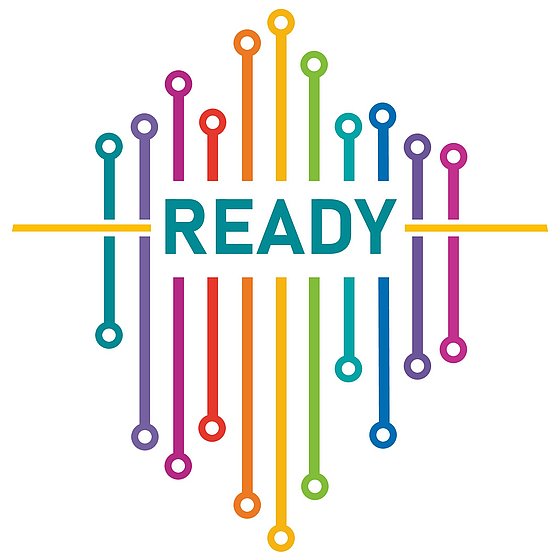READY study: Affective reactivity and recovery in the daily lives of youth

PI: Aleksandra Kaurin
Coordination: Paula Philippi
Collaborators: Aidan G. C. Wright, University of Michigan
Project Duration: 2023-2024
Funding: Central Research Funding Pool of the University of Wuppertal in preparation of grant proposal for the German Research Foundation (DFG)
Preregistration: https://osf.io/tsa4v
A significant proportion of mental disorders initially surface during childhood and adolescence, with approximately half of all lifetime mental disorders manifesting as early as age 14 (Plana-Ripoll et al., 2022; Solmi et al., 2021). Existing research underscores the critical role of affect regulation processes in the development and persistence of mental disorders, with deficits in emotional regulation negatively impacting mental health (Kaurin et al., 2020; Wenzel, Philippi, & Kaurin, preprint). Neuroticism, a personality trait closely linked to affective experiences, is recognized as an influential factor (Ringwald, Kaurin et al., 2023; Kaurin et al., 2023; Vize, Kaurin, & Wright, in press). However, the precise mechanisms linking neuroticism and affect regulation in response to stress, including the extent to which neuroticism affects the intensity, duration, variability, and reactivity of affective experiences, as well as the role of daily processes in the development and maintenance of mental disorders, remain open questions, especially in the context of childhood and adolescence. To delve deeper into this inquiry, accounting for dynamic and context-sensitive factors and age-appropriate daily stressors, this study employs participatory research methods as well as Ambulatory Assessment. With a representative focus group consisting of adolescents, the items were tested and further developed for everyday suitability and comprehension. Ambulatory Assessment, the high-frequency, real-time data collection in individuals' everyday lives, enables the quantitative modeling of affective processes and trajectories, along with the exploration of potential influencing elements such as clinically relevant symptoms, socio-demographic variables, and individual differences.
The final sample will comprise N=100 individuals aged 12-21, including children, adolescents, and young adults. Following an introductory session involving initial self-report and informant-report assessments, participants will undergo repeated daily-life surveys over a 14-day period, using the smartphone app m-Path (https://m-path.io) to report on their affective experiences and any potentially stressful events eight times a day. A distinctive feature of the experimental design involves the incorporation of what are known as Microbursts: Whenever youth report the experience of a stressful daily event, affect will be measured at 15-minute intervals within the subsequent hour. This high-resolution data collection method enables the precise representation of affective regulation processes and trajectories, along with clinically informative individual variations in these trajectories.
Last modified: 27.02.2025
